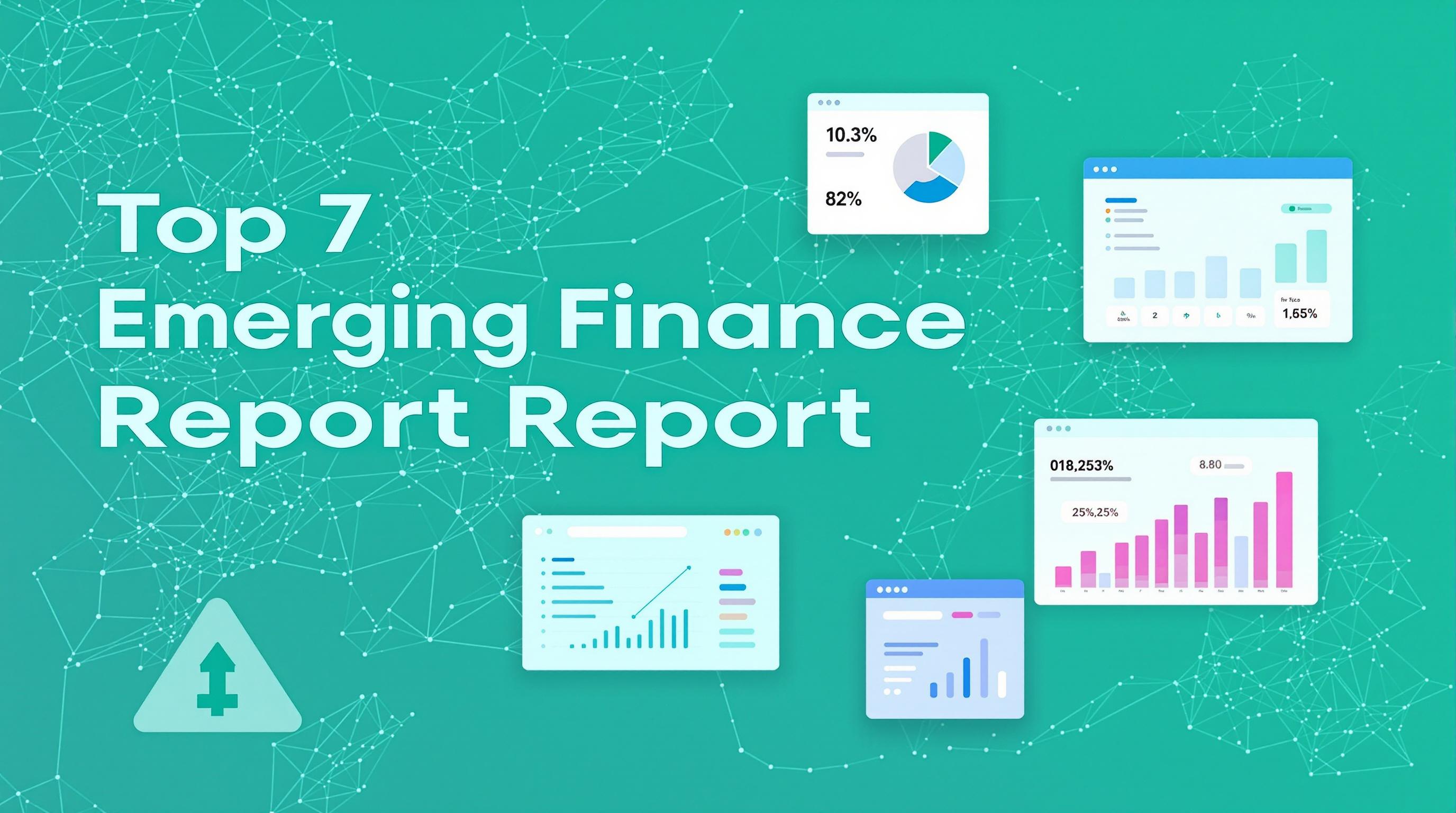Featured Articles
- "Behind the Numbers: How Quantum Computing Could Disrupt Traditional Finance Reporting"
- Beyond the Balance Sheet: The Dark Art of Creative Accounting in Corporate Finance Reports
- Cryptocurrency’s Silent Revolution: How Digital Assets Are Reshaping Traditional Finance Reporting
- Decoding the Dark Side: How Emotional Mismanagement Distorts Corporate Finance Reports
- "Finance Reports in the Age of AI: Uncovering Unintentional Biases and Surprising Impacts on Investment Strategies"
"Unpacking the Shadows: How Climate Change Disclosures Are Transforming Finance Reports"
"Unpacking the Shadows: How Climate Change Disclosures Are Transforming Finance Reports"
Climate change disclosures are rapidly altering the landscape of finance reports, shaping how businesses approach their environmental impact and guiding investor decisions. In this article, we will explore the transformative effects of these disclosures, revealing the complexities, challenges, and opportunities that lie ahead.
The New Financial Frontier
The finance world has always been wired into the pulse of markets, but the introduction of climate change disclosures is pushing it to feel the heartbeat of Mother Nature as well. Just like the weather dictates our plans for the weekend, climate-related risks and opportunities are now reshaping company strategies and financial resilience. As of 2020, Deloitte reported that 75% of institutional investors view climate-related risks as "high" or "very high" priorities—an edict that is impossible to ignore.
A Third Party to the Table: ESG Reporting
As you sit down for dinner, you might notice an extra plate at the table for your environmental, social, and governance (ESG) disclosures. Investors are not just dining solo anymore; they want the full-course meal that covers climate risks, social responsibility, and governance structure. Companies are now playing host, challenged to highlight their ESG credentials transparently to win over the fussy diners who demand sustainability alongside profitability.
In the world of finance, disclosures are beginning to resemble a social media feed—everyone wants to present their best side. According to a 2021 report by Accenture, companies that established comprehensive sustainability strategies witnessed a 36% reduction in risk and achieved better financial outcomes in their portfolios. With pressure mounting from stakeholders, firms are tapping into ESG data as their recipe for success.
Case Study: Unilever's Sustainability Initiatives
Look at Unilever, the consumer goods giant that made waves with its Sustainable Living Plan. This isn't just a trendy hashtag; it is a fundamental component of their business strategy. Unilever has articulated its commitment to environmental responsibility and created a framework for reporting its sustainability metrics, which has garnered investor approval and consumer trust alike. The result? A 46% increase in the growth rate of brands connected to sustainability efforts, showcasing how climate change disclosures can directly influence financial performance.
The Compliance Conundrum
Not every company approaches this new norm with the same level of finesse. For many, compliance with the Task Force on Climate-related Financial Disclosures (TCFD) can feel like navigating a labyrinth blindfolded. The TCFD, launched by the Financial Stability Board in 2015, aims to develop voluntary, consistent climate-related financial risk disclosures for use by companies in providing information to investors, lenders, and insurance underwriters. However, many companies wrestle with integrating these guidelines into their financial reports, often leaving investors in the dark.
An example of this struggle can be seen in the oil and gas sector, where climate change risks are profound. A 2021 report revealed that only 30% of oil and gas companies had comprehensive climate-related disclosures. That's a lot of potential hidden risks waiting to be exposed. As the tides change, those who fail to comply risk sailing into turbulent waters.
The Investor's Perspective
Now, let’s flip the script—what do investors really think about climate change disclosures? Imagine you’re a savvy investor in a crowded marketplace. It’s a tough crowd, and you’re looking for the best return on your investment. You’re not just interested in cash flow; you want to ensure your money doesn’t contribute to climate disasters. A 2019 Morgan Stanley report showed that 85% of individual investors are now interested in sustainable investing, with many willing to forgo higher financial returns for a sustainable approach.
This growing consciousness among investors is prompting a shift where companies that neglect need to urgently rethink their plans. By 2026, an estimated $30 trillion will be invested in sustainable investments in the U.S., according to the Global Sustainable Investment Alliance. It’s a clear signal that businesses ignoring disclosures may face hard financial consequences.
Enter the Rating Agencies
Just when companies thought they had everything figured out, flourishes on the financial menu with the entrance of rating agencies. Firms like MSCI and Sustainalytics are shaping the competitive landscape by rating companies based on their ESG performance. It’s like getting your quarter-grade back from the teacher; you now have a number to prove your worth and performance. How did you fare? A poor ESG rating could lead to higher borrowing costs, as investors shy away from companies that don’t disclose their climate risks transparently. Ouch!
The Transformational Power of Technology
Technology is making a grand entrance into the climate disclosure ball. Artificial intelligence (AI) and blockchain are being deployed to enhance transparency and facilitate reliable reporting. For instance, AI algorithms can analyze massive datasets to identify potential climate risks and trends, enabling companies to address specific vulnerabilities instead of fumbling in the dark. In fact, the World Economic Forum estimates that by 2030, AI could generate $13 trillion in savings and revenue across various sectors, including climate finance.
Building a Resilient Future
We are witnessing a renaissance of sorts—a shift toward a more comprehensive framework for evaluating finances through the lens of sustainability. Companies embracing climate disclosures stand to benefit from improved reputation, enhanced stakeholder engagement, and financial resilience in the long run. In a world where 80% of consumers prefer to buy from brands that align with their values (Nielsen, 2021), presenting solid climate credentials could be the secret sauce to winning over customers.
Social and Cultural Shifts
It’s easy to forget that behind every financial report are people—those passionate employees who want to grapple with existential questions about their impact on the planet. As climate change unfolds, a cultural shift is challenging the status quo of corporate machinations. Who would have thought that young professionals would start prioritizing climate disclosures when seeking employment? According to a 2022 PwC survey, 72% of Gen Z employees prefer to work for companies committed to sustainability. Talk about waking up with a cause!
The Laughable Truth
And just like that awful roommate who leaves dirty dishes in the sink, climate change disclosures might appear annoying at first. But, spoiler alert—they’re not going away. The real joke is whether businesses will adapt or get left behind like outdated technology. Get those financial reports in order, or you might find yourself in a 'green' pickle!
Looking Ahead: Regulatory Landscape
The winds are shifting—regulations are expected to tighten as governments worldwide prioritize climate-related reporting. The European Union’s Sustainable Finance Disclosure Regulation (SFDR) is a case in point. By the end of 2023, all asset managers in Europe will need to disclose the sustainability of their investment decisions, leading the way for stricter scrutiny on climate risks. Is your company ready to strut its sustainable stuff and comply with emerging regulatory norms? It could be the difference between surviving another day and facing fierce scrutiny.
The Bottom Line
The bottom line is that climate change disclosures are not just regulatory burdens; they are evolutionary steps in finance reports that promise to reshape how businesses interact with investors and consumers alike. The challenge lies in navigating this complex new terrain while fostering a commitment to sustainability and profitability. Adaptability will determine the financial victors and the businesses left grappling with the shadows.
Concluding Thoughts
Ultimately, as climate disclosures continue to rise in prominence, firms that embrace this change will gain a competitive edge. The road ahead may be rocky, but with a commitment to transparency, accountability, and sustainability, businesses can cultivate long-term resilience and foster deeper connections with a conscious clientele. When companies embrace these disclosures, they’re not just reporting on climate impact; they’re joining a much larger mission to create a sustainable future for all.




